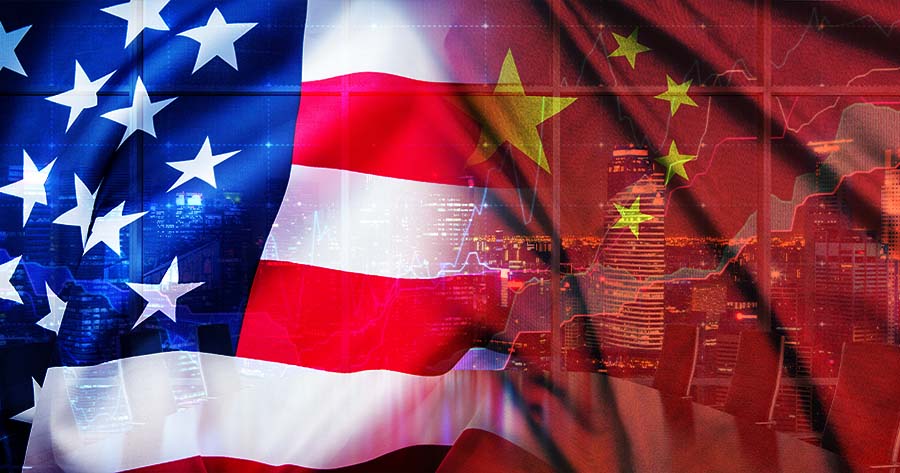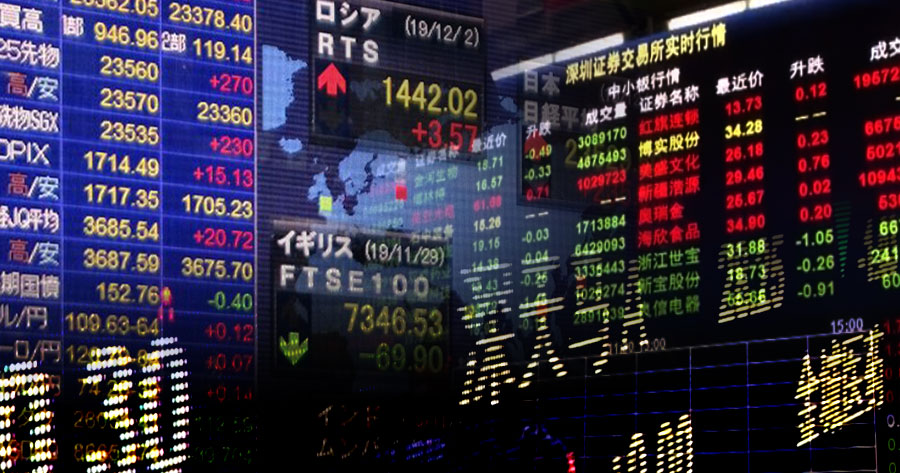Jay Shambaugh, the Treasury’s Undersecretary for International Affairs, emphasized the need for innovative approaches beyond tariffs to safeguard American industries and workers against the surge in China’s excessive industrial output.
Shambaugh highlighted how China’s production, disengaged from its domestic demand and the global market, has led to a flood of exports posing a threat to jobs in the U.S. and other nations.
During a Council on Foreign Relations event, Shambaugh underscored that conventional trade defense strategies, such as the recently heightened “Section 301” tariffs by President Joe Biden, may not be adequate to confront the challenges posed by China’s overcapacity issue.
He stressed the importance of exploring alternative measures to counter the impacts of China’s excess production capacity, emphasizing that this was not protectionist but rather a means to shield businesses and workers from distortions in a foreign economy.
While Shambaugh did not provide specific details on potential additional actions by the Biden administration, a bipartisan group of lawmakers and steel producers called for new legislation that would extend U.S. anti-dumping and anti-subsidy duties to Chinese goods manufactured by Chinese firms in third countries.
Shambaugh’s remarks echoed concerns raised by Treasury Secretary Janet Yellen during her visit to China in April, where she criticized Beijing’s excessive investments and production capacity in key industries.
This visit foreshadowed the significant tariff increases imposed by President Biden on various Chinese products, including electric vehicles, solar panels, semiconductors, and critical minerals.





